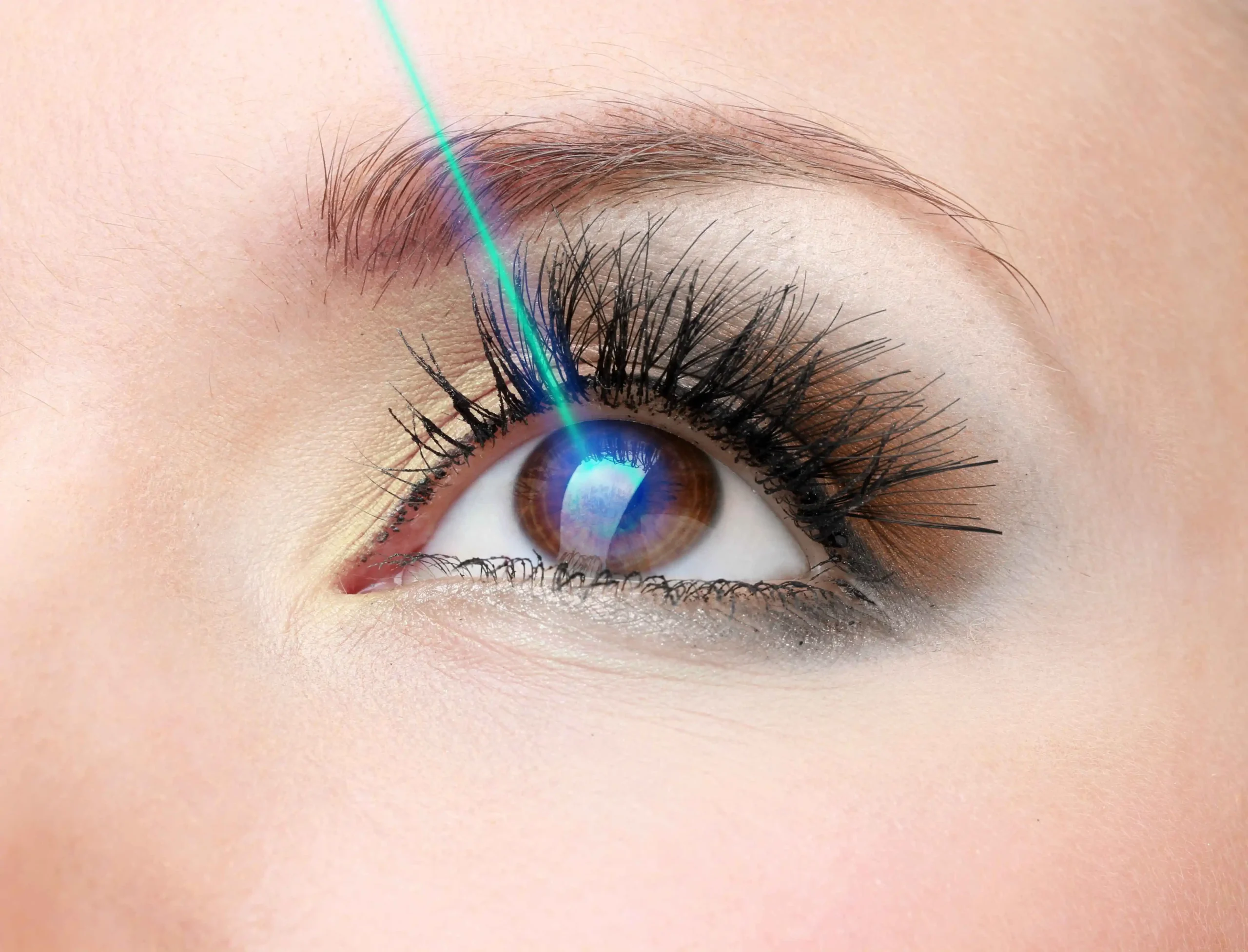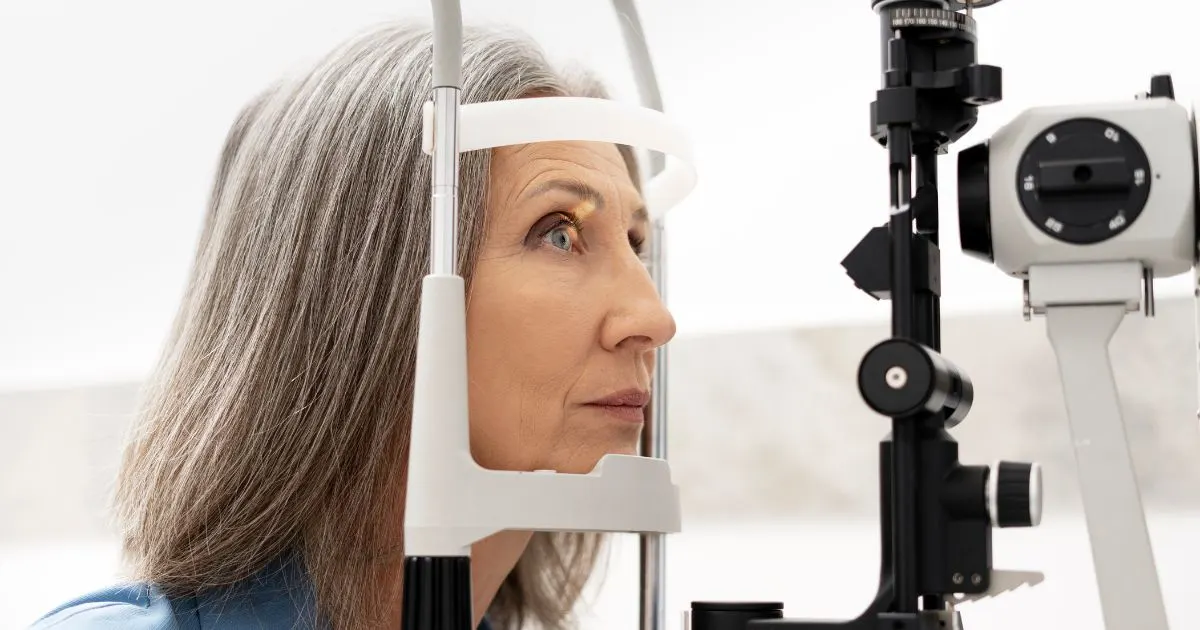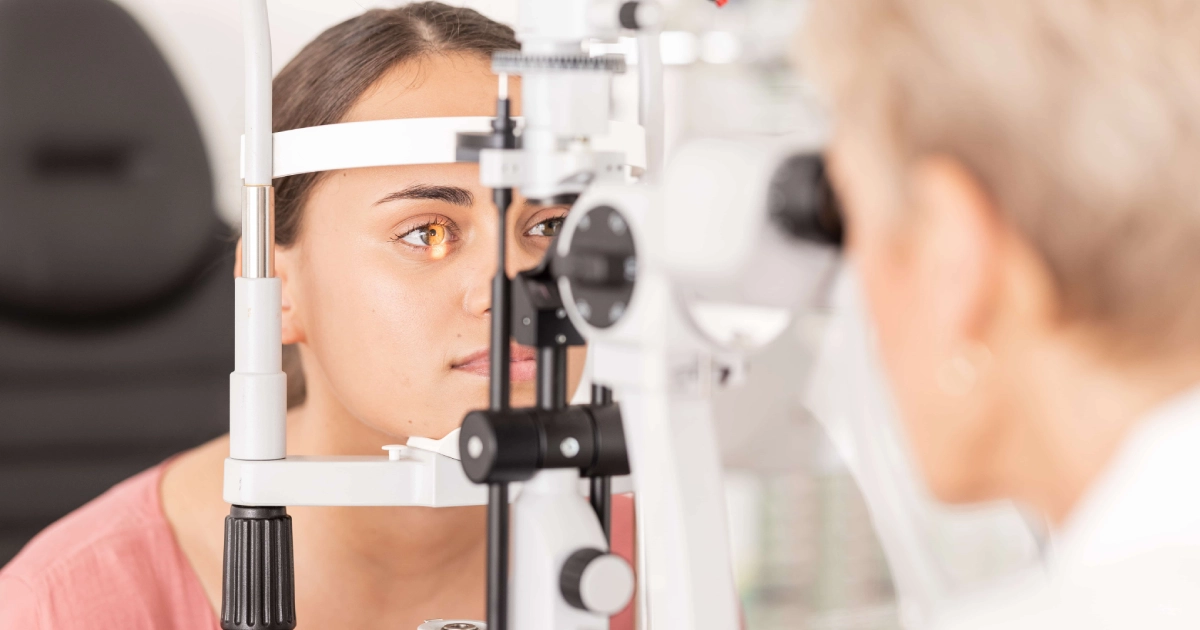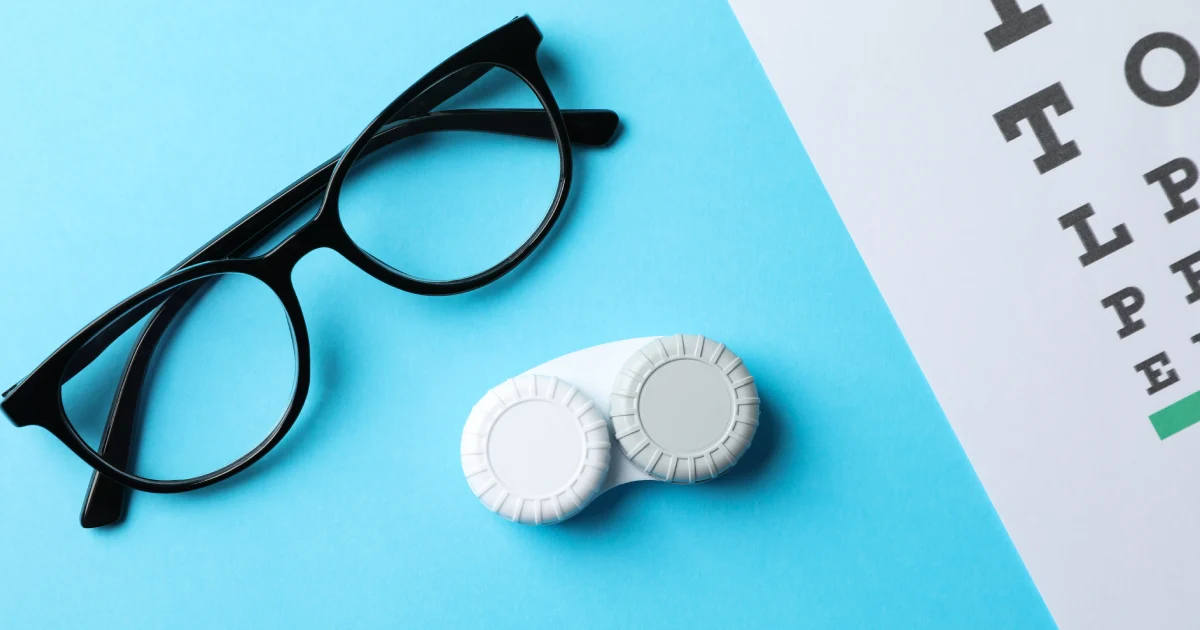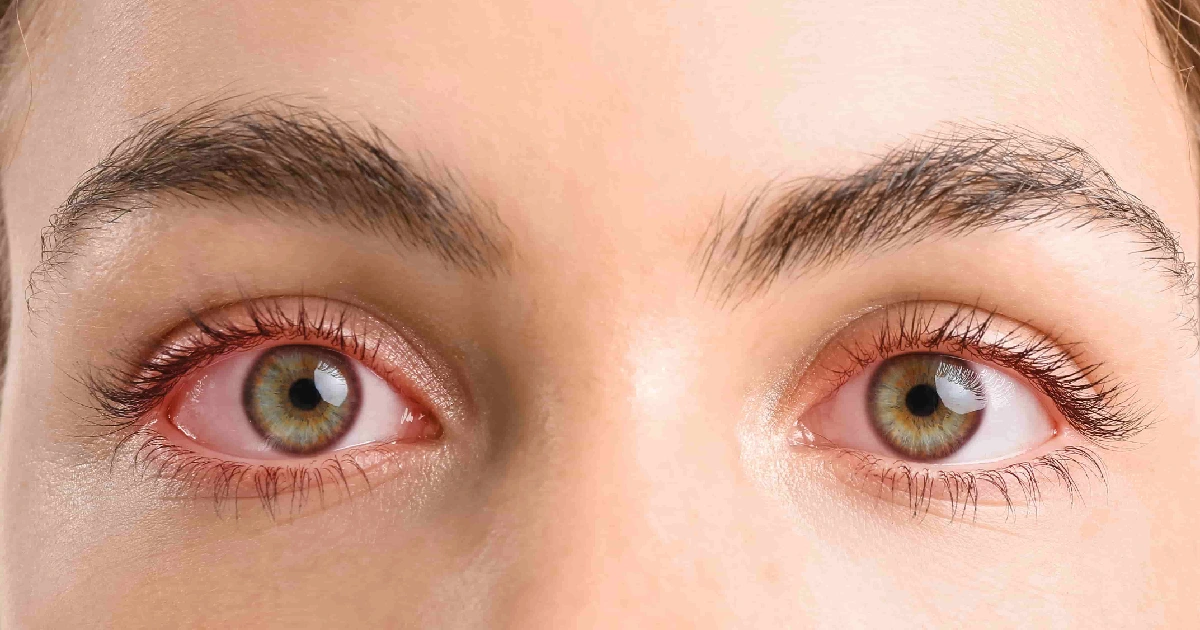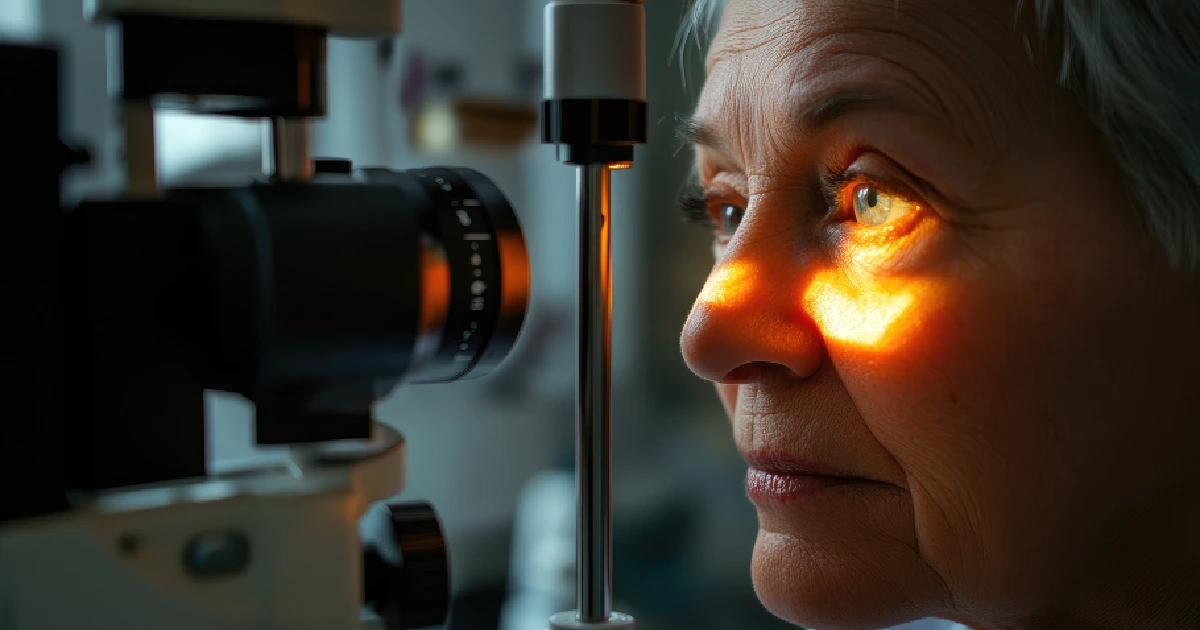Table of Contents
Regular contacts don’t work for everyone. Maybe they irritate after a few hours, or they never quite achieve a sharp enough vision. Or perhaps an eye doctor mentioned the prescription is “complicated” and suggested sticking with glasses. If this sounds familiar, there’s good news: specialty contact lenses exist for exactly these situations.
These aren’t typical contacts. Specialty contact lenses treatments are designed to address vision problems that standard options cannot resolve. We’re discussing custom lenses for individuals with irregular corneas, severe dry eyes, and high astigmatism. These lenses benefit those who have relied on glasses for years, significantly enhancing their daily lives and vision.
At Norwood Park Eye Center, fitting specialty lenses is about matching the right solution to specific vision challenges. Whether being told contacts won’t work or feeling tired of compromising with glasses, these advanced lens options open up possibilities that might not seem possible.
What Makes Specialty Lenses Different
Standard contact lenses follow a one-size-fits-most approach. They work great for straightforward prescriptions and typical eye shapes. But plenty of people fall outside that “most” category.
Specialty contact lenses in Chicago, IL are built differently. Each type addresses specific vision challenges with custom-designed and tailored materials. Some are larger and vault over the entire cornea. Others combine different lens technologies into one. Some are worn overnight to reshape the cornea temporarily.
The key difference is precision. While regular contacts come in limited parameters, specialty lenses can be customized down to tiny measurements. This matters hugely when eyes don’t fit the standard mold.
Benefits of Specialty Contact Lenses Treatments
Unlike standard lenses, specialty options provide both functional and lifestyle advantages:
- Clearer Vision for Complex Conditions: Specialty lenses, including contact lenses for keratoconus, are specifically engineered to address irregular corneal shapes, making them the ideal solution for individuals with keratoconus and advanced astigmatism. These lenses offer precise refractive corrections that traditional lenses cannot achieve, ensuring a clearer and more stable visual experience.
- Improved Comfort: Scleral lenses are specifically designed for individuals with dry eyes. By vaulting over the cornea, they create a reservoir of moisture that effectively hydrates the eye, providing much-needed relief and comfort. This design makes them particularly beneficial for those who find that standard glasses or soft contact lenses do not meet their needs.
- Non-Surgical Options: Orthokeratology lenses, often referred to as Ortho-K lenses, gently reshape the cornea while you sleep. This innovative approach enables wearers to enjoy clear vision during the day without the need for glasses or contact lenses, all without the need for surgical intervention. Many users find this an appealing alternative for managing myopia and other refractive errors.
- Enhanced Stability: Hybrid contact lenses combine the optical clarity of rigid gas-permeable (RGP) lenses with the comfort of soft lenses, offering a superior balance of performance. This fusion provides wearers with a stable visual experience while ensuring all-day comfort. The rigid center maintains shape and stability for crisp vision, while the soft skirt allows for a snug yet gentle fit on the eye.
- Customized Fit: Every set of specialty lenses is carefully designed to cater to the specific requirements of each individual user. This personalized approach minimizes issues related to lens shifting, glare, and visual distortion, ensuring a superior fit and enhanced visual performance tailored specifically for each person’s corneal shape and lifestyle.
These specialty contact lenses treatments are more than a convenience. They are a life-changing tool for people who have been told traditional options cannot fully correct their vision.
Who Is This Best For?
Specialty lenses are designed for people whose eyes don’t respond well to standard corrections. You may be an ideal candidate if you have:
- Keratoconus or corneal irregularities that make glasses ineffective.
- Severe dry eye that makes regular lenses uncomfortable.
- High astigmatism that traditional contact lenses cannot fully correct.
- Post-surgical needs, such as after corneal transplants or LASIK complications.
- Active lifestyles that demand sharp vision without the hassle of glasses.
If you’ve tried standard options and still experience blurry vision or discomfort, it’s worth considering specialty lenses. Contact us at Norwood Park Eye Center can help identify the best type for your eyes and daily routine.
What to Expect from Specialty Contact Lenses Treatments
Pre-Treatment Prep
Your eye doctor will begin with a comprehensive exam, including corneal mapping and tear film evaluation. This step ensures your lenses are customized for both health and performance.
Fitting and First Wear
Unlike off-the-shelf lenses, specialty lenses are carefully measured and fitted. You may try different versions to ensure comfort and clarity. Expect a short adjustment period as your eyes adapt.
Daily Use and Care
- Scleral lenses are filled with saline solution before insertion and can be worn continuously throughout the day.
- Hybrid lenses are cleaned similarly to soft contacts, but require a bit more care.
- Orthokeratology lenses are worn overnight, with effects visible the next morning.
Your provider will give detailed instructions to ensure long-term comfort and safety.
Results Timeline
- Many people notice sharper vision immediately.
- For Ortho-K, the full effect develops within a week of nightly wear.
- For conditions like keratoconus, specialty lenses often provide clearer, more stable vision than patients thought possible.
FAQs About Specialty Contact Lenses
Are specialty lenses uncomfortable to wear?
Not at all. In fact, many patients find them more comfortable than standard lenses, especially with scleral lenses for dry eyes, since they bathe the eye in moisture.
Can I wear specialty lenses if I have astigmatism?
Yes. Contact lenses for astigmatism are specifically designed to correct irregular corneal curvatures, providing sharper vision than glasses often offer.
Do specialty lenses provide permanent vision correction?
It depends on the type. Orthokeratology lenses temporarily reshape the cornea for daytime vision correction, whereas other lenses provide clear vision only while they are worn. They are effective but not permanent like surgery.
Clear Vision, Customized for You
Specialty contact lenses open doors for people who thought glasses or standard lenses were their only options. From creating a moisture cushion over the cornea with scleral lenses to the freedom of overnight orthokeratology lenses, there’s a solution for nearly every need.
If you’re searching for specialty contact lenses treatments in Chicago, IL, the team at Norwood Park Eye Center can help you find the best fit for your lifestyle and eye health.
Book your Specialty Lens consultation today and experience vision correction designed just for you.

